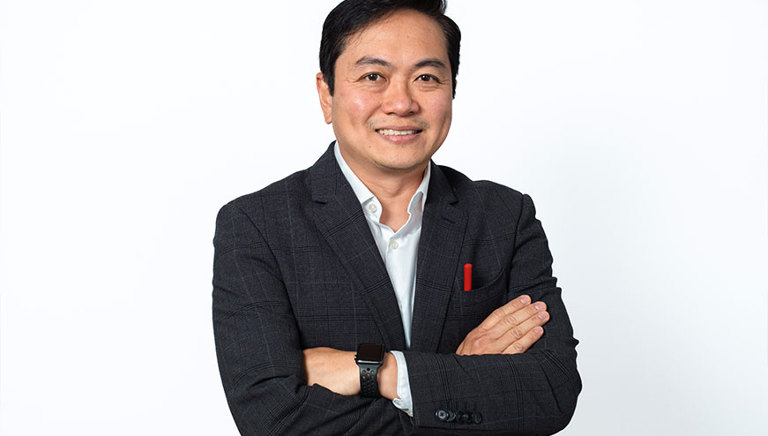Rare diseases and clinical research: How can we maximise the chances of success?
Our President Haseeb Ahmad sets out how industry is working to find treatments and cures for some of the world’s most complex diseases. Nowhere is the need to find new medicines more acute than in rare diseases, many of which are genetic and affect the youngest patients.
While we’re making progress in many areas, many rare conditions still have no licenced treatment at all. We’re determined to change this picture.
In order to test new medicines, researchers need to be able to conduct clinical trials. First, a medicine is tested on a small number of healthy patients to make sure it’s safe. If this is successful, clinical trials are expanded to include more people with the relevant condition for the medicine.
The main challenge when developing a medicine for a rare disease, is that you simply don’t get the numbers of patients normally needed to generate the evidence for a medicine to be approved.
But there are things that can be done to maximise the number of patients recruited for clinical research:
1. Overcoming barriers to participation
Understandably, taking part in a clinical trial can be an onerous and time-consuming process and we all have a responsibility to make it as easy as possible for people to take part.
This could be considering the travel implications of the location of the clinical trial and putting extra support in place for people with disabilities to get to it.
Or making sure accommodation is available for participants, appropriate to any disabilities they may have.
Or making use of technology so that they can provide their feedback more easily. For example, perhaps patients could provide trial feedback or report side effects through an app rather than having to meet with a healthcare professional face to face.
The NIHR has a useful checklist of things to consider to make sure participants have the best possible experience when participating in research.
Involving patients in the design of clinical trials is also important. It will help take full account of patients’ needs and perspectives and can improve the quality of the trial.
Any restrictions on clinical trials must also be considered carefully. Experts have called for sponsors to be flexible to accommodate as many patients as possible, within the confines of the trial.
2. Special consideration for children
As 75 % of rare diseases affect children, it is essential that the trial design considers the specific needs of children and their parents. Previous studies have shown that parents are keen to take responsibility for enrolling their child in a trial but fearful of making the wrong decision in doing so.
There is consensus that having the right information for parents, in simple language, is crucial. Research has also emphasised the importance of having trial information for children, expressed in an age appropriate way.
The HRA has a useful guide for companies involving children in research, which covers when it’s appropriate to seek assent from a child.
3. Maintaining international collaboration
Working with small patient populations means that rare disease trials are often international, so research collaborations with Europe and the rest of the world are essential.
Virtual international networks – such as this one on rare bone diseases - provide access to much larger group of patients than would otherwise be the case.
It’s crucial the UK continues working internationally to drive continued progress in medical science.
Maximising the number of patients recruited into clinical trials is critical to medical progress for rare diseases.
If we can up our game on this, we can help to reduce the huge unmet need in rare diseases and improve outcomes for the 3.5 million people in the UK who have one.
Maximising the number of patients recruited into clinical trials is critical to medical progress for rare diseases. If we can up our game on this, we can help to reduce the huge unmet need in rare diseases and improve outcomes for the 3.5 million people in the UK who have one. Haseeb Ahmad, ABPI President
- Rare diseases
Last modified: 20 September 2023
Last reviewed: 20 September 2023

